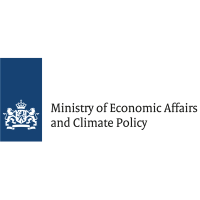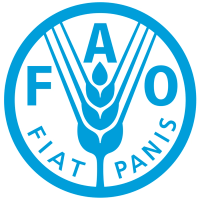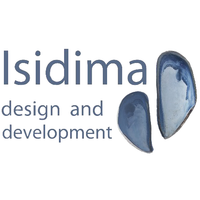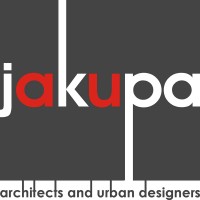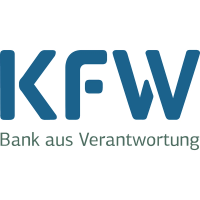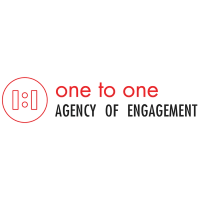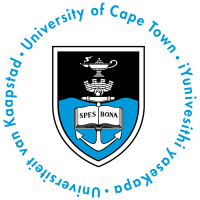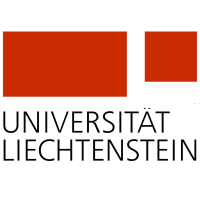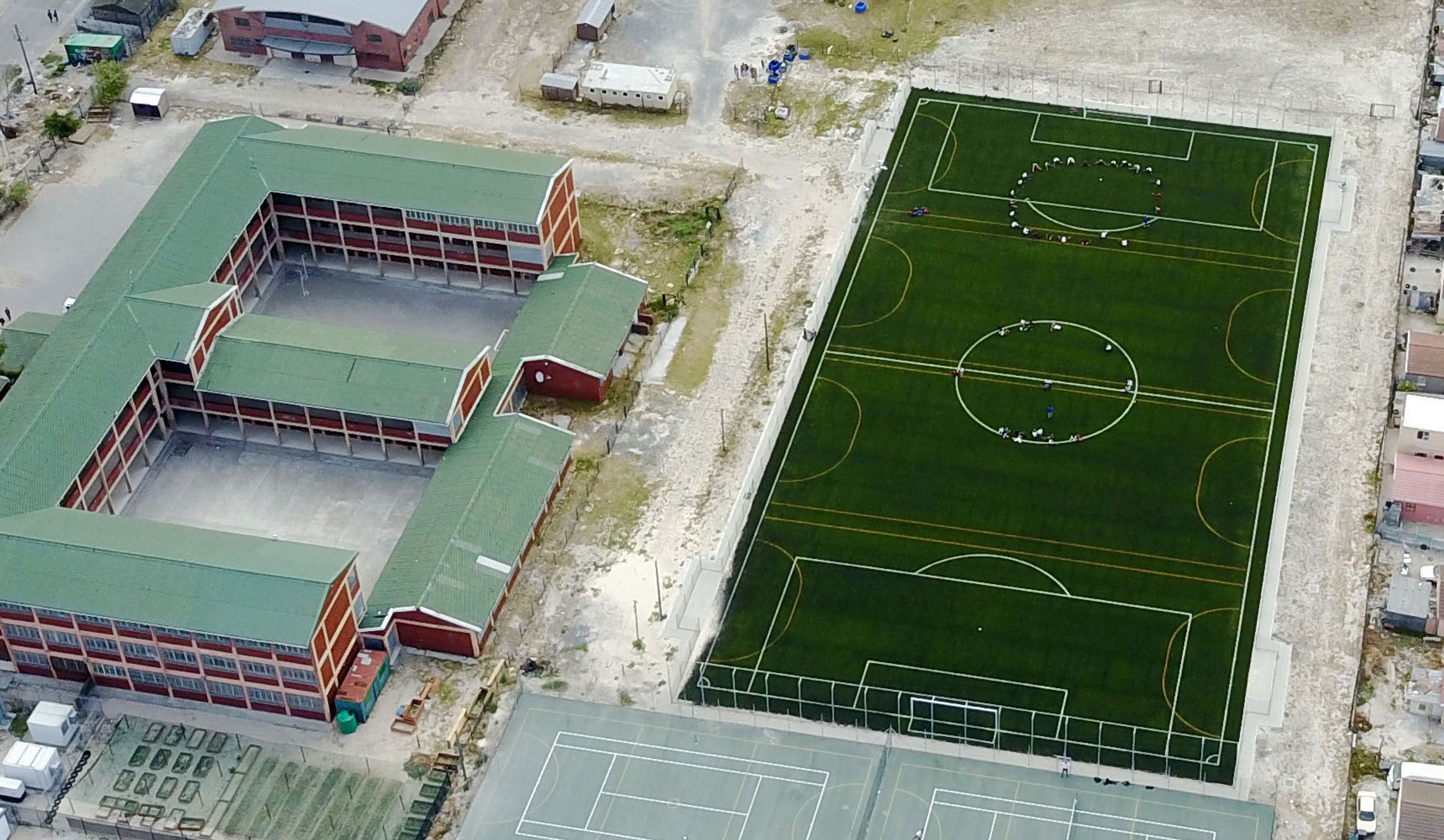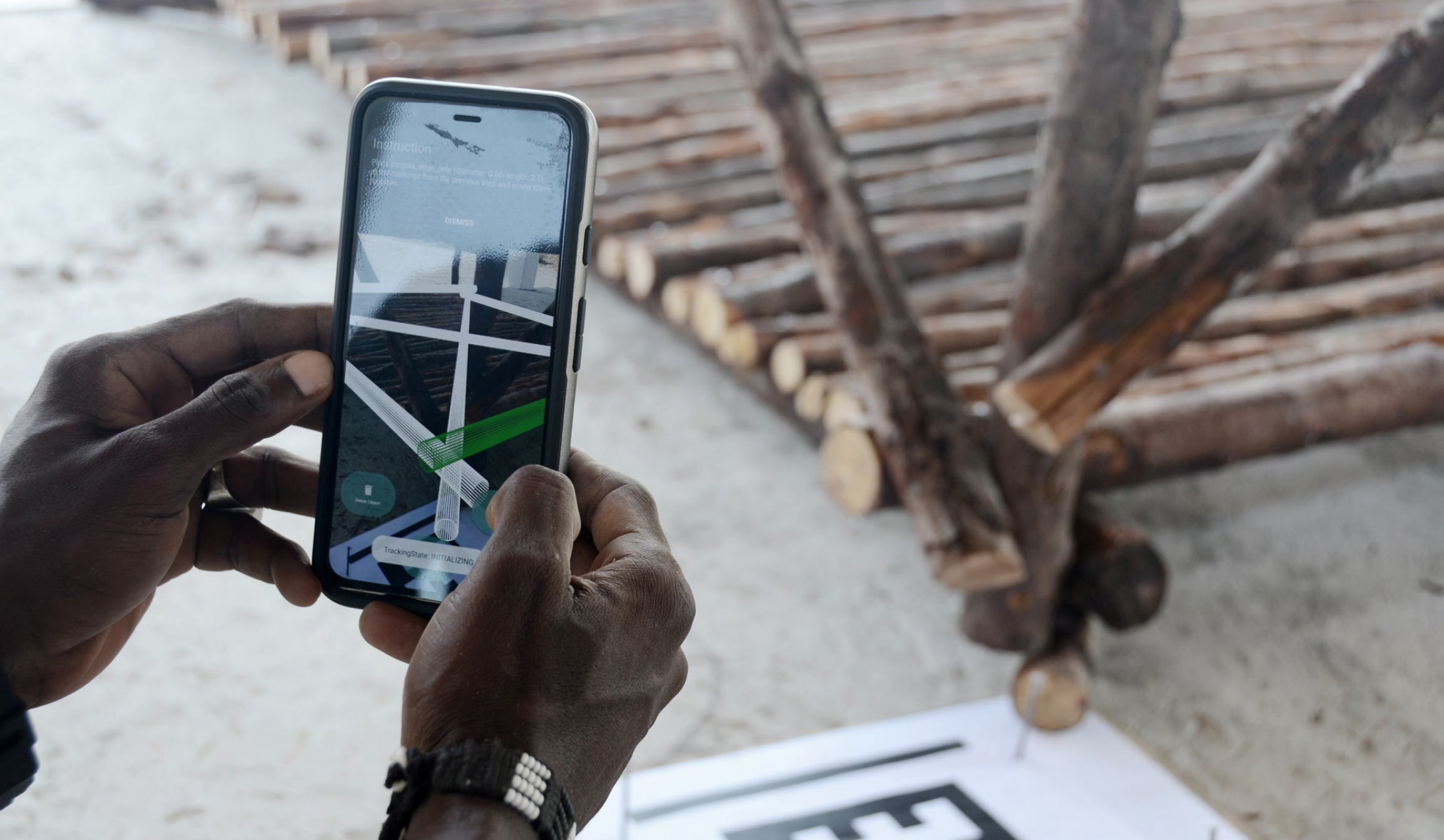Integrated sustainable development foundation
Integrated Sustainable Development is an operational Swiss NGO that works to facilitate resilient neighborhoods in under-resourced places across the Global South, enabling them to thrive in balance with nature and community needs.
In each project, we work closely with a local community and a multidisciplinary team of regional and international partners. Together, we design and implement strategies that align local needs with sustainable development objectives.
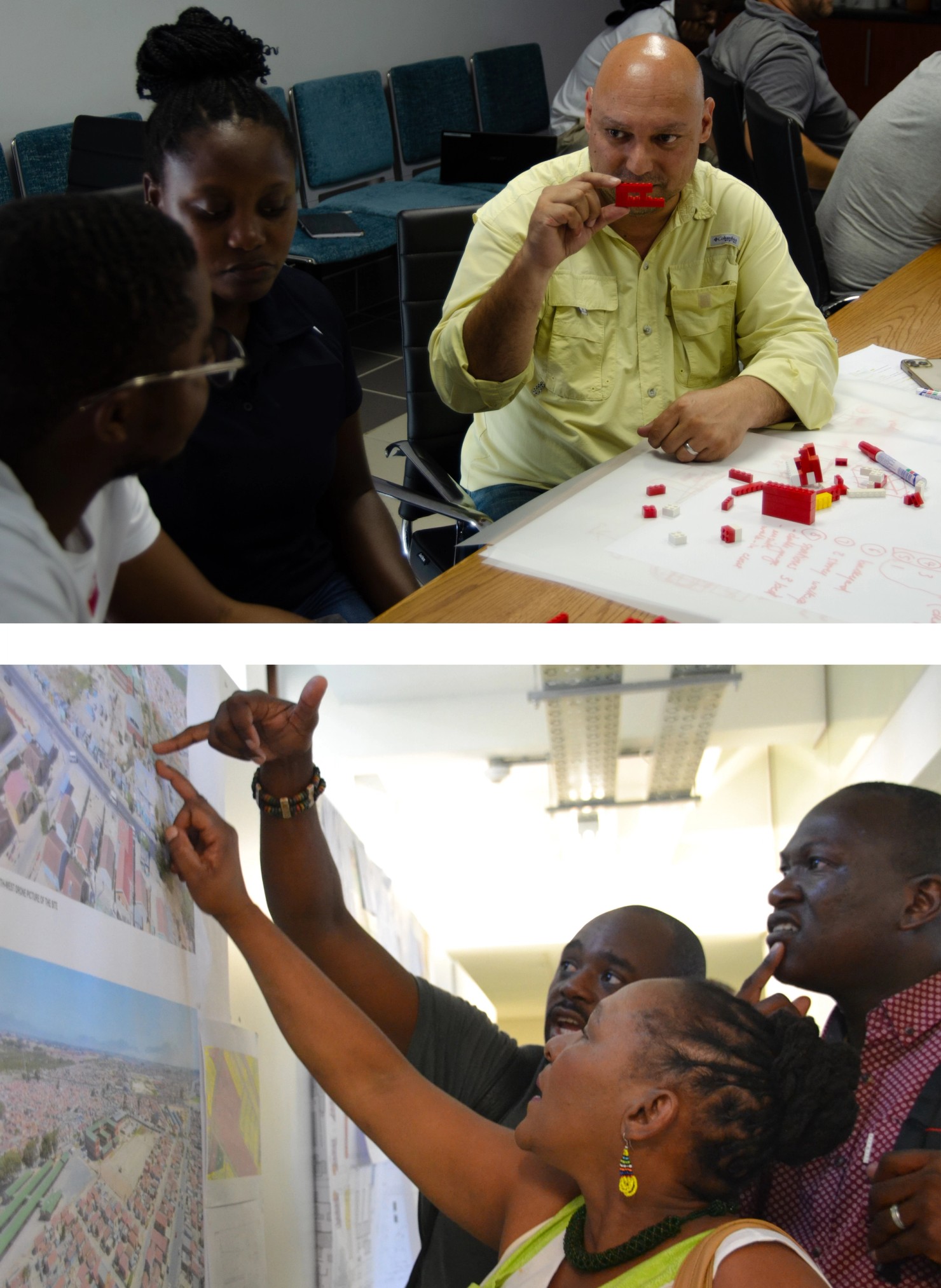
Collaborating across disciplinary boundaries to drive sustainable change
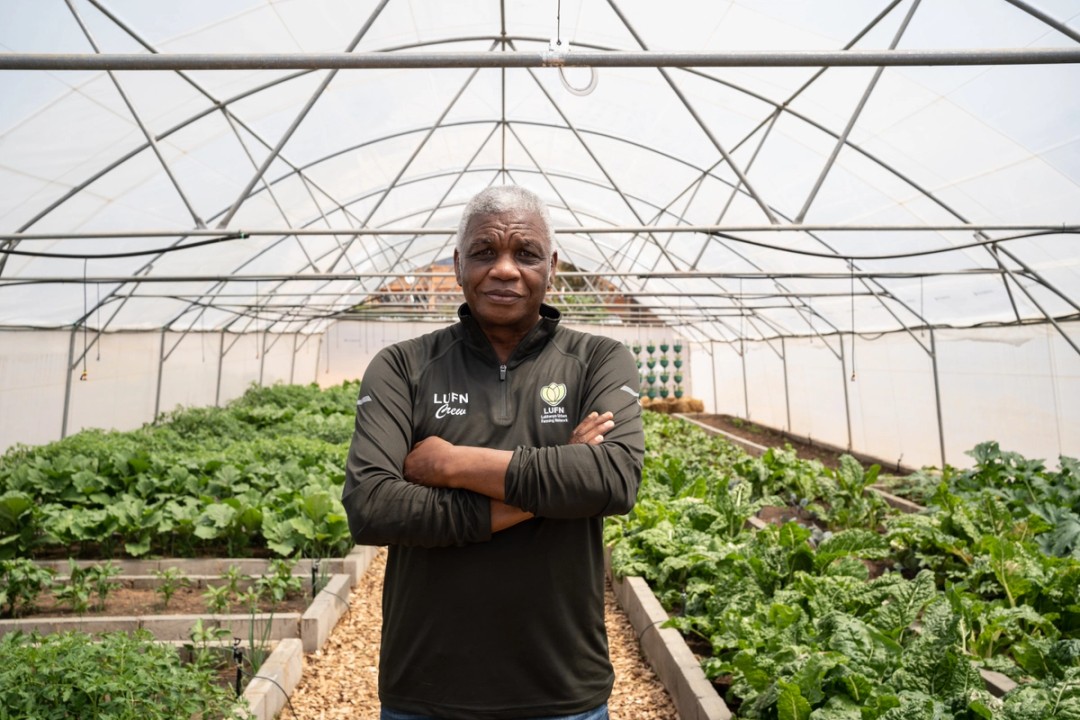
Transformative projects through integrated and inclusive community infrastructure
Services we provide
Project Facilitation
We enable projects by connecting local stakeholders to funders and planning and design experts. This facilitates projects in complex contexts where there is a vision, an urgent need, or a problem to solve.
Consultancy
We consult funders, such as development banks or philanthropic foundations, and implementors, such as land developers or engineering companies. We work with in-house planning and research experts or together with a team of subconsultants.
Research and Monitoring
We offer research expertise to help clients understand complex contexts and estimate risks using both quantitative and qualitative data. We monitor projects to assess their impact and systematically compile and share that knowledge with funders and implementation partners. We collaborate with academic institutions to apply for grants and conduct research projects.
Planning and Design
We develop planning strategies and spatial concepts. We design systems and frameworks with social and ecological sensitivity and economic viability. We assemble teams of planning and design partners who provide specific skills and expertise, including architecture, engineering, or environmental planning.
Project Experience, PR & ESG
We offer a platform for corporate firms to let their employees engage in ethically meaningful, not-for-profit-oriented, high-impact projects. This allows them to gain valuable experiences and increase their motivation levels. This engagement can be used to strengthen public relations and meet desired ESG goals.
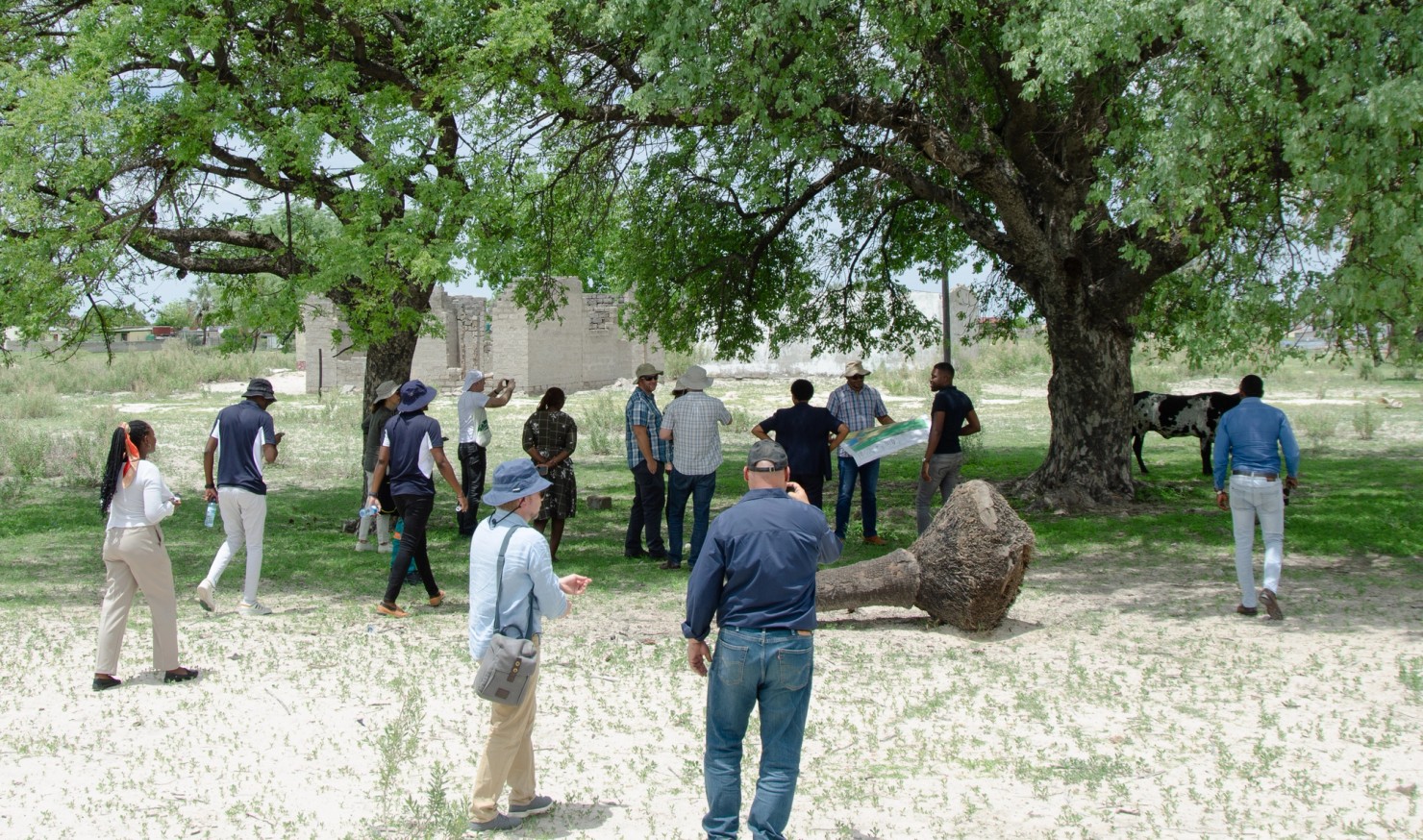
Challenges we address
We live in times of far-reaching transformations, including changing climates, ecosystems, societies, and economies. Numbers of populations and environmental degradation are rapidly increasing and predominantly affect residents in the Global South, particularly in Sub-Saharan Africa and Southern Asia. This creates enormous challenges yet also opportunities to intervene with care and steer these transformations toward more just and sustainable futures.
Rapid Urbanization:
In 2050, two-thirds of the world’s population will live in urban areas.(1) To supply the estimated 6.7 billion urban residents by then with basic infrastructure to live in dignity and safety requires efforts across multiple dimensions.
Informal Housing:
Already today, more than one billion people globally live in inadequate, informal housing, and two billion lack access to basic sanitation, the majority of them in urban environments.(2)
Vulnerability to Environmental Threats:
The same world regions that experience the highest levels of rapid urbanization while lacking adequate infrastructure are most vulnerable to the consequences of toxic pollution and climate change. In these places, resources for environmental restoration are most urgently needed.(3)
Lack of Technical Expertise:
Effectively addressing the complex conditions created by transformations of social and environmental systems mentioned above requires a widely distributed supply of technical expertise. However, most places across the Global South are generally under-resourced with such expertise,(4) coinciding with exceptionally young and fast-growing demographics.(5)
Against this backdrop, many rapidly developing places lack the necessary infrastructure and resources to adapt to the escalating impacts of degrading ecosystems, leading to service disruptions, food insecurity, public health impacts, and increased pressure on already stretched resources. The UN Sustainability Goals convey the complex interrelationships between these global challenges across different social, economic, political, and environmental dimensions. Despite good intentions, progress toward reaching these goals has been slow due to a lack of political will, insufficient investment, ineffective policies, and an absence of scalable models for inclusive and sustainable development.
ETH Zurich and founder of atelier masōmī
"Sustainability is not just about the environment. It is about supporting people, their lives, economies, and cultures."
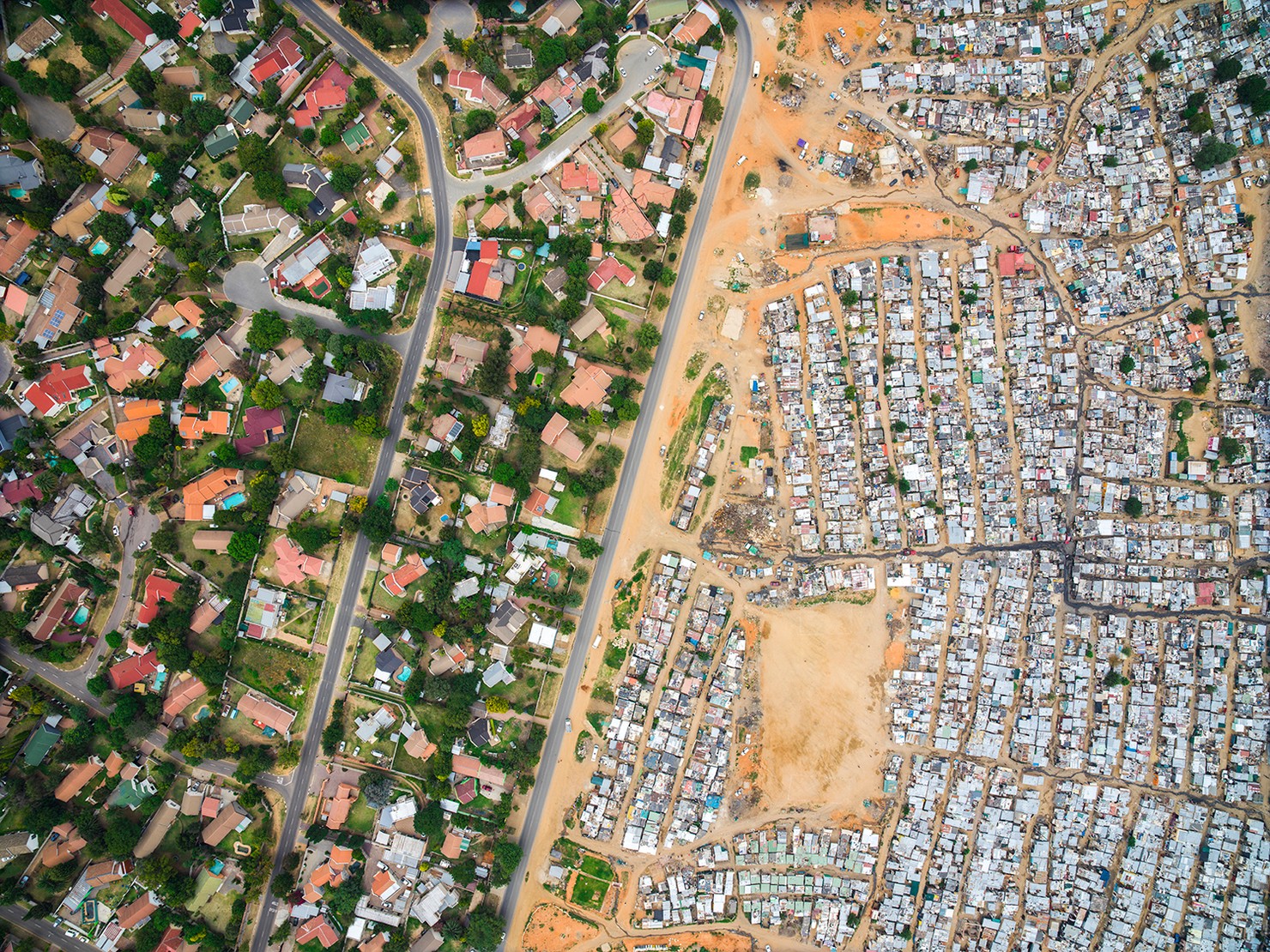
Our story
Our story began with a simple observation: when community development projects went wrong, it tended to do so in predictable ways. We learned that the failure to create a holistic and inclusive system for conceiving, designing, and delivering projects often resulted in superficial solutions rather than truly integrated and sustainable outcomes grounded in the lived experience and latent strengths of local communities.
ISD has its roots in the Lukhanyo Hub project in Khayelitsha, initiated by the Resilient Civic Design Collective (RCDC), a values-aligned collective of built environment companies, NGOs, and academic researchers. In 2021, RCDC co-founder Ben Mansfield and Prof. Stefan Allesch-Taylor joined forces with a view to scaling and replicating the project’s core ‘Resilient Neighborhood Model’ in other locations grappling with the interlinked challenges of rapid urbanization, inequality, and climate adaptation.
Recognizing Switzerland’s unique position as a hub of technical expertise, research, philanthropy, and market-led impact investment, ISD aims to operate as a new kind of sustainable development actor. One that more effectively brings together local and international stakeholders united by a shared vision to effect systemic change, whether through partnership facilitation, design, and involvement in on-the-ground project delivery or research, knowledge sharing, and capacity building.
References
(1) United Nations Department of Economic and Social Affairs, Population Division; World Urbanization Prospects: The 2018 Revision (2018).
(2) United Nations Statistics Division (2018).
(3) Marcantonio, Richard, Debra Javeline, Sean Field, and Agustin Fuentes. “Global Distribution and Coincidence of Pollution, Climate Impacts, and Health Risk in the Anthropocene.” PLOS ONE 16, no. 7 (July 21, 2021).
(4) Gust, Sarah, Eric A. Hanushek, and Ludger Woessmann. “Global Universal Basic Skills: Current Deficits and Implications for World Development.” Journal of Development Economics 166 (January 1, 2024).
(5) CIA The World Factbook (2022); European Commission (E.U. countries, 2023).
Partners we work with
